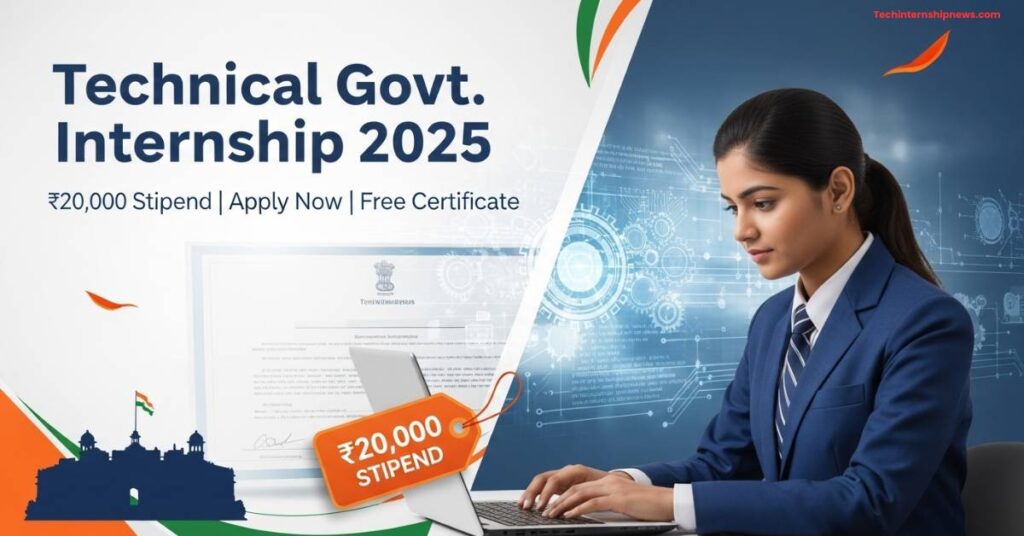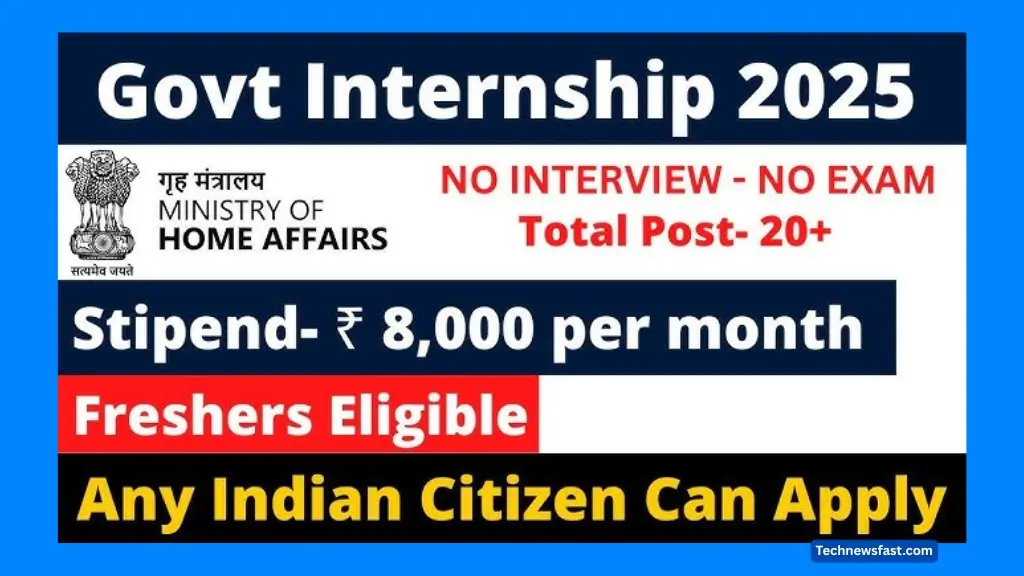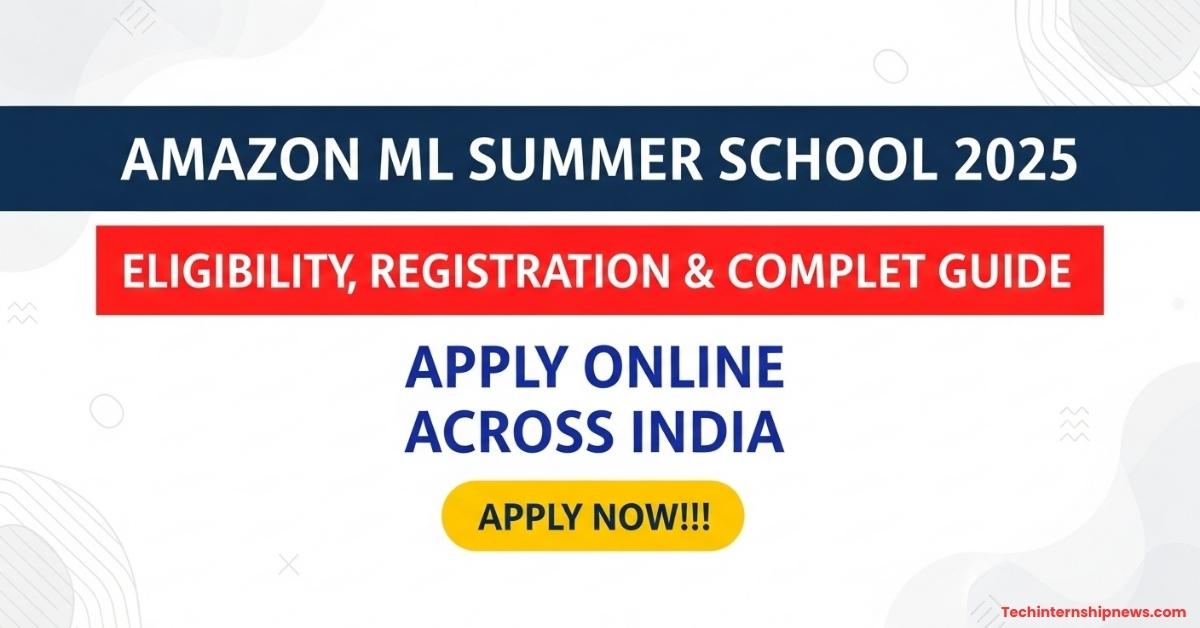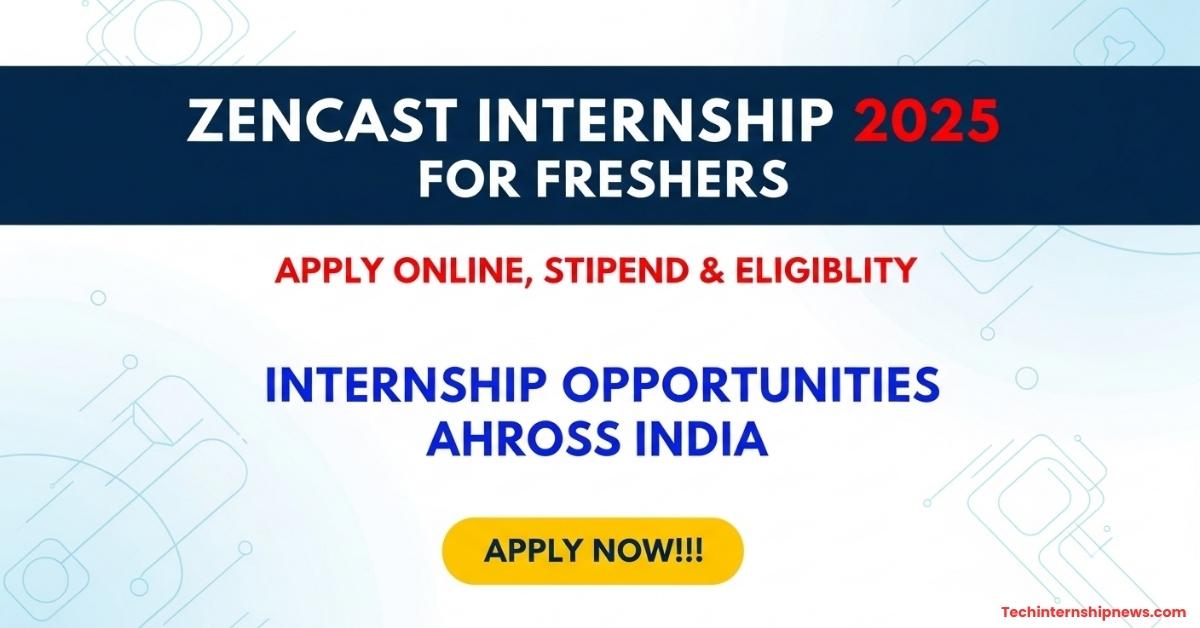Securing a government technical internship with a ₹20,000 stipend is a huge milestone for students aiming to break into public sector careers in 2025. The excitement and confusion around these internships are real—between figuring out where to apply, what the stipend really covers, and what kind of projects you’ll tackle, it’s easy to feel overwhelmed. As someone who’s covered careers and internships for over seven years, I know how to cut through the noise and give you the practical, step-by-step advice you need. In this guide, you’ll find the latest details on stipends, roles, eligibility, and a roadmap for putting your best foot forward—drawn straight from real experience.
Understanding the Government Technical Internship 2025 Stipend and Roles
The ₹20,000 monthly stipend is a centerpiece of most government technical internships in 2025. This amount is meant to support your basic living expenses, daily commute, and sometimes even internet or work-from-home costs, depending on the agency. Payment is typically made on a monthly basis, either via direct deposit or a government-issued stipend card.
Internship Tracks & Roles:
- Engineering: Software, electronics, civil, and mechanical streams.
- Information Technology: Web development, cybersecurity, network management.
- Policy & Administration: Data analysis, project coordination, policy research.
- Data Science: Machine learning, analytics, visualization.
- Other STEM Fields: Environmental science, public health, and more.
Participating Agencies: You’ll find placements with central ministries, state departments, defense, science foundations, and research labs. For example, the Future Leaders in Public Service Internship Program regularly partners with agencies like the Department of Defense and National Science Foundation, offering diverse technical tracks.
Duration & Work Modes: Most internships last between 2 and 12 months. You can expect to find full-time, part-time, online (virtual), and in-person options. Many programs in 2025 will continue to offer virtual internships to allow wider participation, especially for students outside major cities. Day-to-day tasks include everything from coding and technical documentation to participating in team meetings and assisting with live projects.
Who Is Eligible and What Are the Requirements?
Eligibility for a government technical internship is strict but clear. Here’s what you need:
- Citizenship: Indian citizenship is almost always required.
- Academic Status: Must be currently enrolled in an accredited institution. Final-year undergraduates, postgraduates, and sometimes doctoral students are eligible.
- GPA/Marks: Many programs ask for a minimum GPA of about 2.5 (on a 4.0 scale) or equivalent marks, though some technical agencies want 3.0 or higher.
- Age: Most programs target students between 18 and 30 years old.
- Documentation: Be ready with your resume, transcripts, proof of enrollment, valid ID, and possibly reference letters.
- Security Clearance: For sensitive roles (defense, policy analysis), you might need to pass a background check.
Academic Backgrounds: Engineering, computer science, information technology, mathematics, statistics, and public administration are highly favored. However, agencies often welcome students from economics, public health, and environmental sciences if you can show relevant skills or coursework.
Special Requirements: Some agencies require additional technical tests or personal statements. For defense and data science tracks, coding assessments are common. Always double-check the specific requirements for each agency.
Agencies and Career Paths: Where Could You Work?
The range of government agencies offering technical internships is impressive. You might find yourself coding machine learning models at a defense lab, analyzing environmental data at the Department of Science & Technology, or building dashboards for the Ministry of Health.
Examples of Participating Agencies:
- Department of Defense
- Department of State
- National Science Foundation
- Office of Management and Budget
- National Park Service
Many of these internships open doors to full-time roles. Some even have direct conversion options—finish your internship, and you could land a permanent position if you perform well and pass the final interview.
You can use resources like the Federal Internship Finder to explore placements and career paths aligned with your skills and interests.
How to Apply: Step-by-step Application Guide
Applying for a government technical internship in 2025 is a structured process, but you can stand out by planning ahead and personalizing your application. Here’s how I’d tackle it, based on years of helping students land these roles:

- Research Deadlines and Programs: Most summer 2025 internships open for applications in February and close in early May. Fall programs often have deadlines in early May as well.
- Collect Essential Documents: Gather your resume, transcripts, proof of enrollment, recommendation letters, and any relevant certifications. Keep digital and physical copies neatly organized in folders by agency and program.
- Tailor Your Resume and Cover Letter: Don’t send generic documents. Highlight skills and projects that match the agency’s focus. If applying to a health data team, showcase your Python or R projects.
- Fill the Online Form Carefully: Double-check all details before submitting. Typos in your email or phone number can cost you an interview.
- Prepare for Security Clearance: Start gathering old addresses and contacts for the background check. This can save time if you’re selected.
- Practice Interviews: Many agencies use video or phone interviews. Brush up on technical questions and behavioral responses.
- Track Your Progress: Maintain a spreadsheet with deadlines and application statuses so nothing slips through the cracks.
Application Windows, Deadlines, and Essential Documents
- Key Dates:
- Summer 2025 applications open September 3, 2024, and close November 22, 2024 (for some agencies).
- Fall 2025 deadlines often fall in early May.
- Required Documents:
- Updated resume, customized for each agency
- Academic transcripts
- Proof of enrollment (letter from your college)
- Letters of recommendation (optional, but strongly encouraged)
- Valid photo ID
Keep all files properly named and backed up. Some applications will let you update documents until the closing date, so use that time to polish your materials.
Building a Standout Application: Tips from Experience
Here’s what I’ve seen work for students who get selected:
- Show, Don’t Just Tell: Instead of listing “Python skills,” describe a chatbot you built for a college event.
- Use Keywords from the Agency’s Description: If the posting mentions “data visualization,” mention your Tableau or Power BI experience.
- Highlight Volunteering and Projects: Even informal projects or hackathons count. Describe your role, tools used, and real-world results.
- Personalize Every Application: Agencies notice when you address your cover letter to the right person or mention a project of theirs that excites you.
A strong application isn’t just about grades—it’s about making your skills and passion leap off the page.
The Selection Process: What Happens After You Hit Submit
Once you apply, here’s what to expect:
- Screening: Automated and manual checks for eligibility and document completeness.
- Committee Review: Subject matter experts review your skills and fit.
- Interviews: Usually via video call. Expect both technical and “why public service?” questions.
- Security Background Check: Especially if you’ll access sensitive information. This can take 1-5 months.
- Notification: Most agencies notify selected candidates within 2-3 months after the deadline. If you’re waitlisted, stay patient—spots sometimes open late.
If you don’t hear back right away, use the time to apply elsewhere or build your skills. The process is competitive, but thorough preparation helps you stand out.
Conclusion
Government technical internships in 2025 offer a unique blend of hands-on learning, a solid ₹20,000 stipend, and a launchpad for public sector careers. From understanding eligibility and preparing the right documents, to choosing the right agencies and nailing your application, you now have a roadmap to success. Even if you don’t get selected this year, every step in the process builds skills and experience for next time. Take the leap—the learning is worth it.
Disclaimer: The advice in this guide is for informational purposes. Official application requirements and processes may change; always consult the official portals for the latest details. Stipend amounts, eligibility, and agency participation can vary year-to-year. Security clearance processes and final selection are at agency discretion.
Read also.
- Oracle Launched Free Internship Program 2025 Apply – Complete Guide for Freshers & Graduates
- ISRO Internship 2025 for 2nd Year Students Complete Guide to IIRS Project-Based Internships, Certificate & Stipend
- Government Internship and Job at IISc How to Apply for the RESPIN Language Trainer Program with ₹35,000/Month
- Infosys Internship 2025 Apply Online: Full Guide to the Infosys Springboard Virtual Internship 6.0
- Niti Aayog Internship 2025 is online or offline: Your Guide to Government Internships for Students















